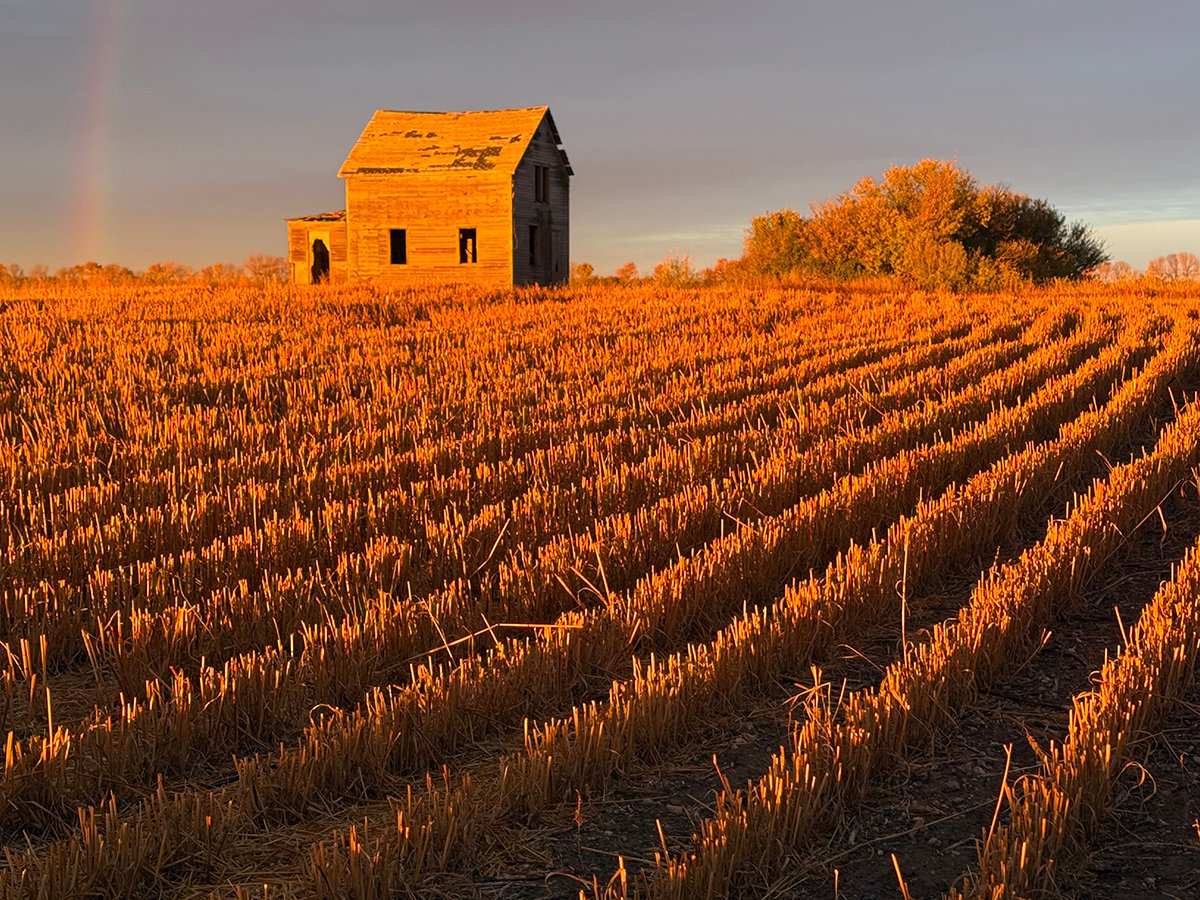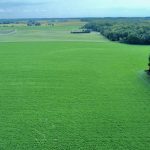Land transfer | Ag minister favours selling land
Saskatchewan’s agriculture minister is setting up a producer panel to determine what to do with 60 federal pastures the province will become responsible for next year.
Bob Bjornerud said five producers will help the ministry find ways to ease the ownership transfer from Ottawa to the province and then to producers or others.
Bjornerud favours selling the pastures.
“Probably the one positive part of all of this, if there is one, is that they gave us one year of grace and then only five (pastures will be affected) next year,” he said. “They’ll pick those out and we’ll go from there.”
Read Also

Forecast leans toward cooling trend
July saw below average temperatures, August came in with near to slightly above average temperatures and September built on this warming trend with well above average temperatures for the month.
The Saskatchewan Stock Growers Association said discussions should start soon, even with no changes to pasture operations this year.
“The patrons are the most significant thing we have to deal with, and how they can be made most comfortable in a transition,” said SSGA president Harold Martens.
The federal pasture system has been in place since 1937 and many producers with smaller land bases rely on them to have enough grazing land.
Bjornerud said keeping the pastures would put a huge burden on the province, which also operates 52 pastures of its own.
“I think right now cattle prices have improved somewhat so if there’s ever going to be an opportunity for something like this to happen … probably now is the best time we’ve had in a long time,” he said.
Patrons, producers and rural municipalities have already been making inquiries.
Bjornerud said the producer advisory panel might come up with options to allow sales to proceed smoothly.
Martens said financing will be a major factor in determining who can buy. Farm Credit Canada and other lenders should help patrons who need the land to maintain their operations, he added.
“There should be a variety of (financing) packages available for them to work through,” he said.
Some arrangements could be lease-to-own while others could be traditional loans or co-operatives.
Martens said patrons who buy a pasture together need to have protocols and operational procedures in place because they typically rely on a manager and pasture riders. They would have to hire staff and negotiate salaries.
“There’s probably a need to set up how they could manage those things on their own,” he said.
Martens also raised the issue of land titles. Many of the pastures are land that was abandoned during the 1930s.
“It would be like homesteading,” Martens said.
He said the provincial ministry should develop one set of basic transfer tools rather than allowing patrons’ groups to each come up with their own.















